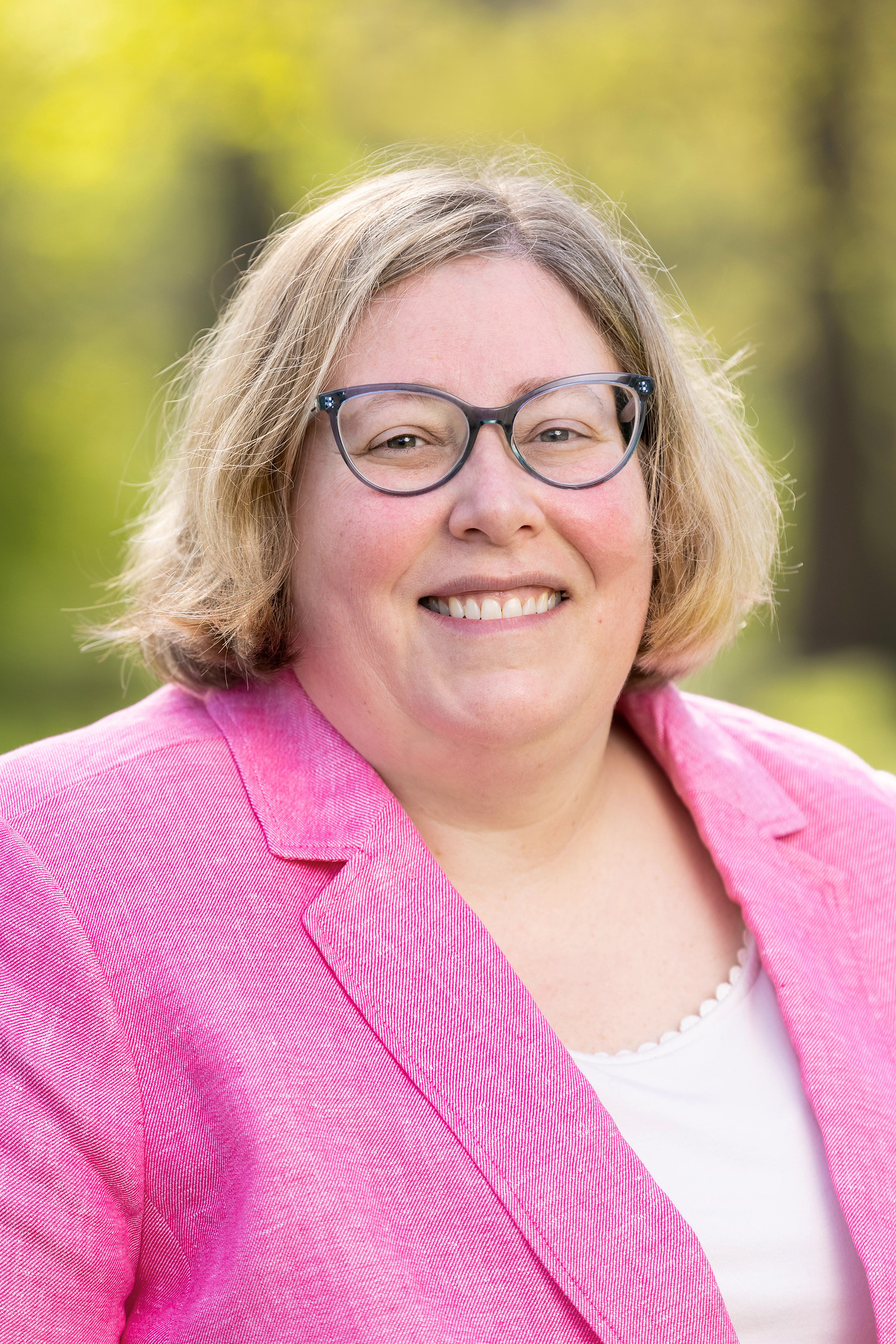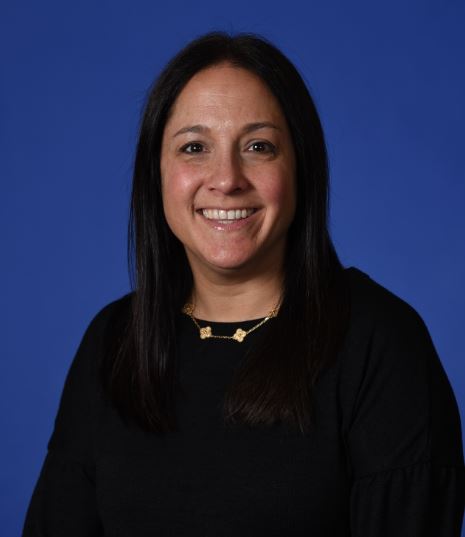Date: Wednesday, May 25, 2022, 2:00 – 2:45 PM ET
Webinar Description: OER (Open Educational Resources) would be a welcome option in all law school classes, including the legal writing field. Professor Zakarin is working on turning her unique style of teaching into an OER format that reads like an online
textbook but is accessible and available for free to all legal writing students.
In this program, she will present her work in progress.
Learning Objectives:
Click Here to Watch the Webinar Replay

Sara Sampson, J.D., Assistant Dean for Information Services & Communications, Director of Law Library, and Senior Lecturer, The Ohio State University Mortiz College of Law
Dean Sampson manages all aspects of communications, information technology, and the library for the Moritz College of Law. She regularly teaches Legal Writing & Analysis I and the LP3 course Law Practice Technology. Sampson writes and presents on topics related to legal research and writing and library management. She has coordinated teaching workshops for law librarians and regularly speaks at library and law conferences.
Sampson has been active and held leadership positions in the law library community. She is currently serving as the law library representative for Ohio’s statewide academic library consortium, OhioLink. Sampson has served on the boards of the Society of Academic Law Library Directors, Legal Information Preservation Alliance, Law Libraries Society of the District of Columbia, Academic Law Libraries Special Interest Section of AALL and Librarians’ Association at the University of North Carolina at Chapel Hill. She chaired the Section on Law Libraries and Legal Information of the American Association of Law Schools, the OhioLink Research Grant Committee, and the American Association of Law Libraries Publications Award Jury and has served on numerous other committees and juries.
She has also worked at the law libraries and taught law classes at Georgetown University Law Center and the University of North Carolina at Chapel Hill (UNC). At Georgetown, Sampson was the head of reference and an adjunct professor teaching legal research skills for practice, advanced legal research, and introduction to scholarly note writing. At UNC, she served as deputy director of the law library and as a clinical assistant professor of law teaching advanced legal research courses.
Sampson has worked for all three branches of the Ohio government. During law school, she spent a summer working at the Ohio Legislative Service Commission and a year working at the Ohio Department of Mental Health’s legal department. Before becoming a librarian, she spent five years as a judicial law clerk at the Ohio Fourth District Court of Appeals. Sampson is a member of the Ohio Bar and Beta Phi Mu, the International Library & Information Studies Honor Society.
 Michelle Zakarin, Associate Professor of Legal Process, Touro College Jacob D. Fuchsberg Law Center
Michelle Zakarin, Associate Professor of Legal Process, Touro College Jacob D. Fuchsberg Law Center